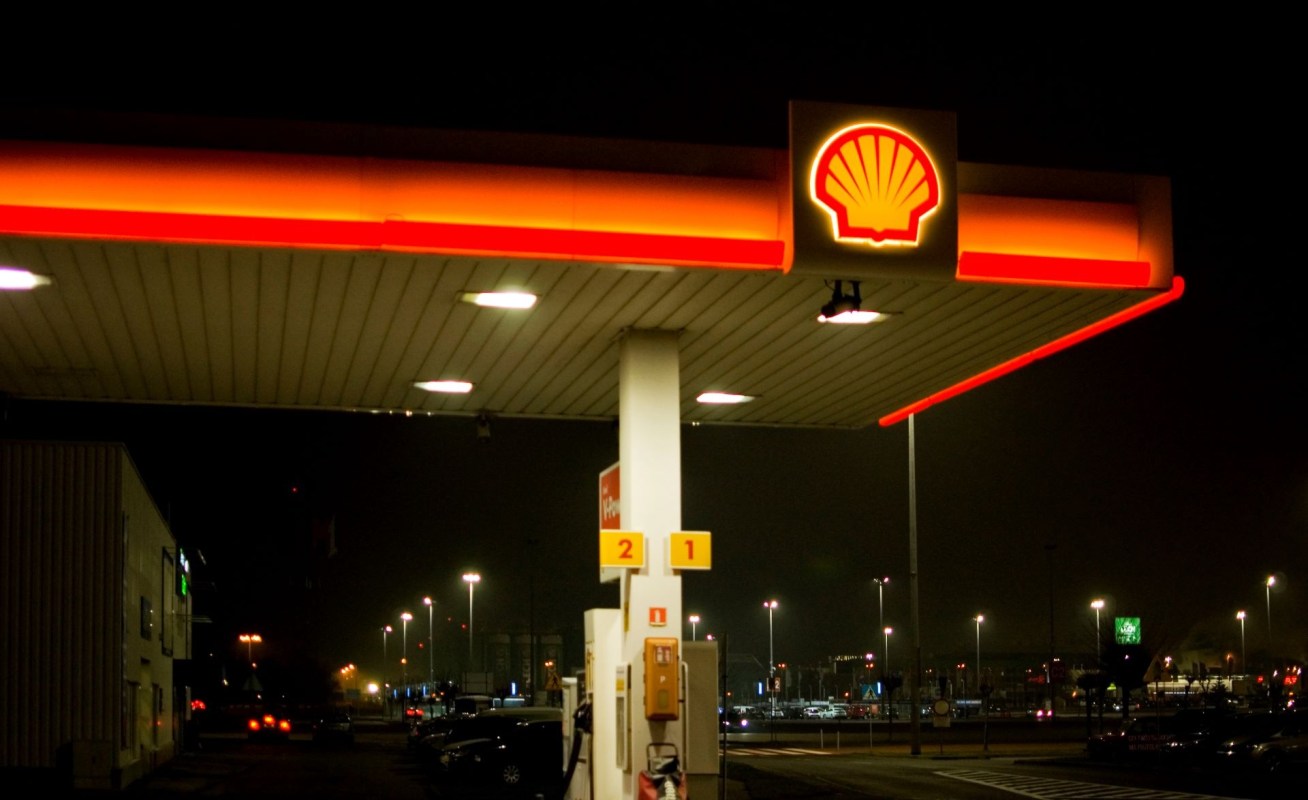As more consumers get wise to companies' dubious net-zero promises, doubt has been cast on Shell's "carbon compensated" driving claims, which some allege constitute greenwashing.
According to Shell, business customers who sign up for the Shell Card can track their fleets' fuel consumption and offset their carbon pollution with carbon credits that Shell purchases on their behalf.
Carbon credits are tradable certificates purchased by or awarded to a company or individual that are meant to represent a quantity of planet-overheating gas pollution that the person or business helped keep out or remove from our atmosphere through supporting actions like reforestation.
It's worth noting that carbon credits are a much-contested means of keeping our planet cool. A 2023 report from The Guardian found that 90% of all traditional rainforest carbon credits issued by a major certification system are essentially "worthless."
Shell's programs supposedly fund forest developments and grassland preservation projects that capture and store carbon from the atmosphere.
However, an investigation by Greenpeace UK's Unearthed has questioned this project's efficacy.
One forest preservation project that Shell claims to fund is the Cordillera Azul National Park REDD+ Project in Peru. Shell says that the project protects nearly 4 million acres of forest, which aids biodiversity and reduces carbon pollution.
But according to Unearthed, the REDD+ Project started claiming carbon credits in 2008 for an area that already had protected status for seven years.
According to Unearthed reporting, in 2012, CIMA (Centro de Conservación, Investigación y Manejo de Áreas Naturales) wrote that "no illegal logging activities have been observed by park guards in or immediately around the project area since 2006."
This means that Shell's claims to additionality — a very important component in determining the legitimacy of carbon credits, which is judged by whether carbon removal would only have happened with intervention from the carbon credit marketplace — may be false.
If the reduction of gas pollution would have happened anyway, then additionality is void.
For example, as the Greenhouse Gas Management Institute explains, landfill operators in California are already required to install equipment that captures and destroys methane.
Since that action was already going to happen, with or without the support of a carbon credit, a credit for this reduction of pollution would not be legitimate.
Experts are increasingly questioning carbon offsetting and carbon credits as a means to reduce harmful air pollution.
The aforementioned investigation by The Guardian estimated that 94% of the credits doled out by Verra, the world leader in carbon credits quality assurance, are "phantom" credits with no measurable climate benefit.
While reforestation and preservation projects play an essential role in mitigating climate change, current net-zero pledges are not realistic.
According to an expert quoted by Oxfam, there is not enough land in the world to realize every company's carbon reduction goal. According to Oxfam's reporting, Shell alone would need land the size of Honduras to meet its net-zero pledge by 2030.
"I started studying carbon offsets 20 years ago studying problems with protocols and programs. Here I am, 20 years later having the same conversation," Barbara Haya, the director of the Berkeley Carbon Trading Project, told The Guardian. "We need an alternative process. The offset market is broken."
"Too many 'net zero' commitments provide a fig leaf for climate inaction. They are a dangerous gamble with our planet's future," Nafkote Dabi, Climate Change Lead for Oxfam International, said in a statement. "We will be hoodwinked by 'net zero' targets if all they amount to are smoke screens for dirty business-as-usual."
Join our free newsletter for cool news and actionable info that makes it easy to help yourself while helping the planet.









